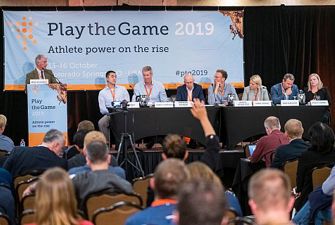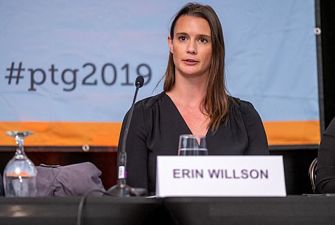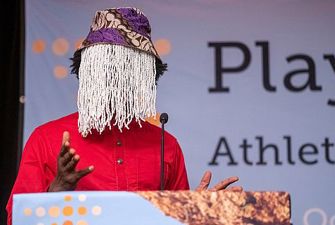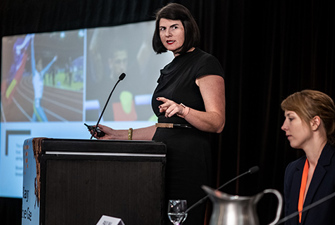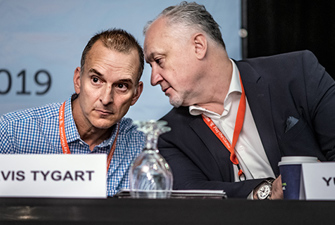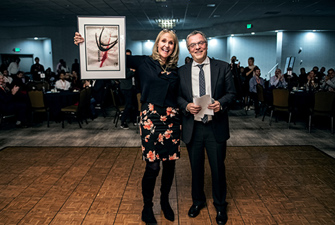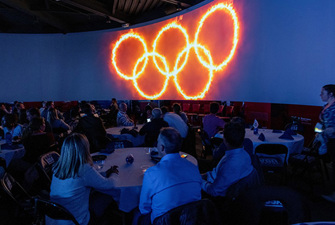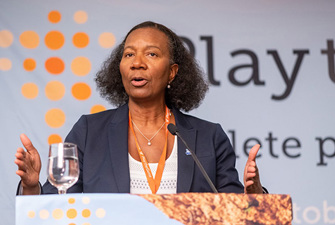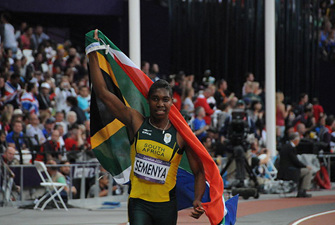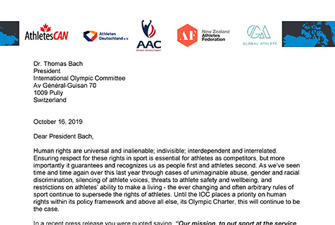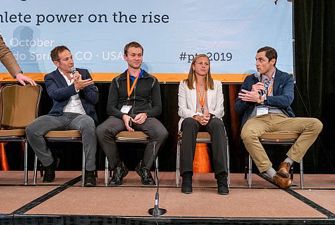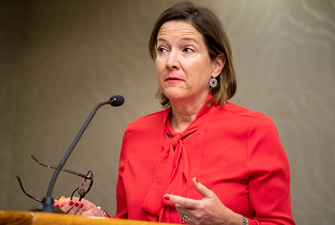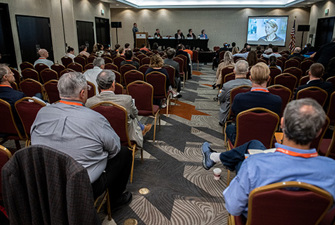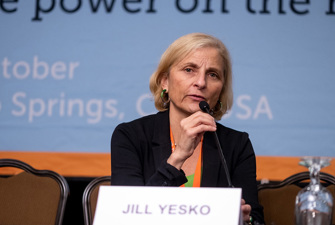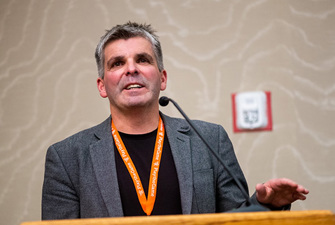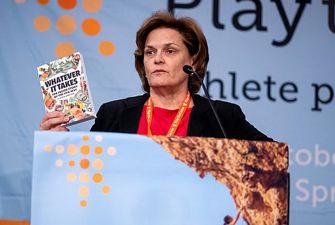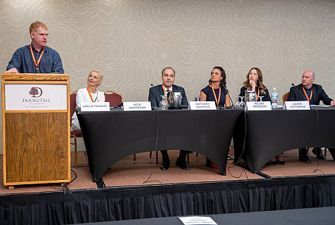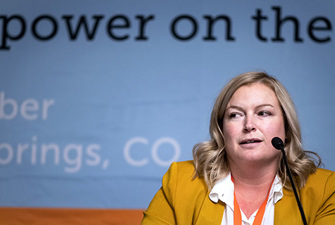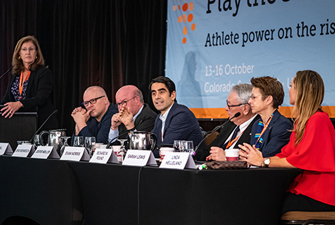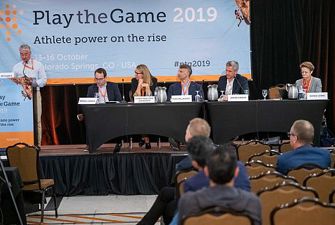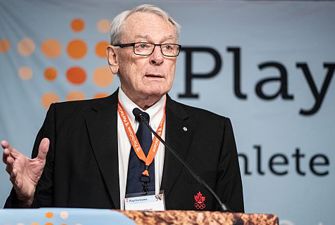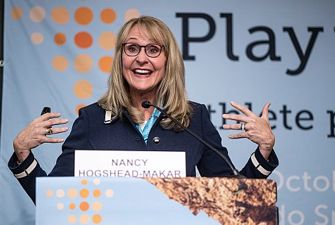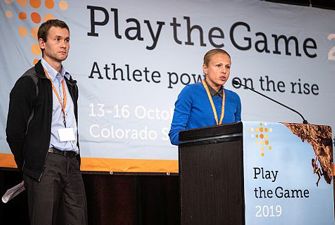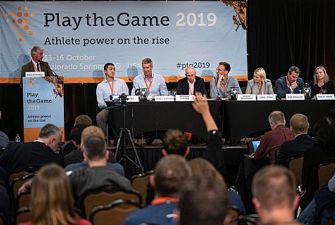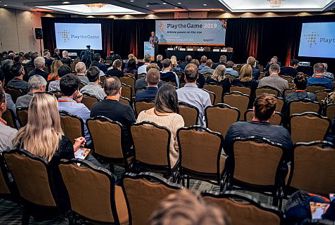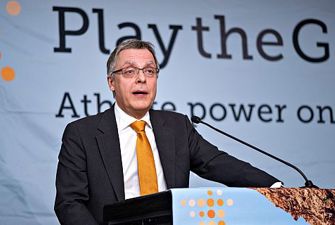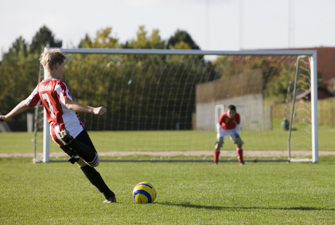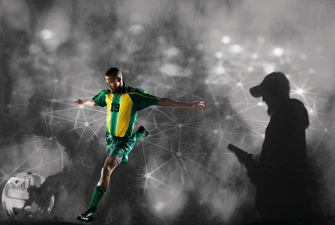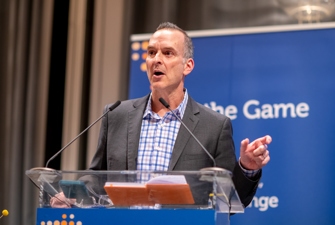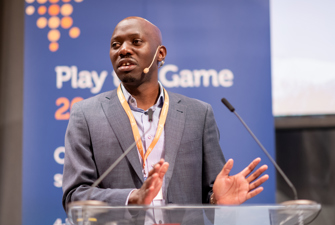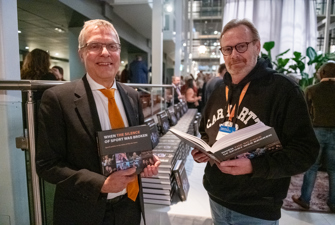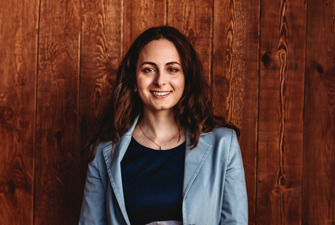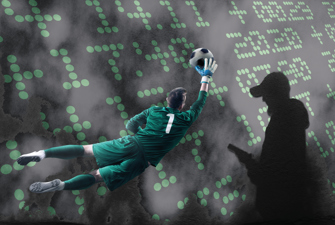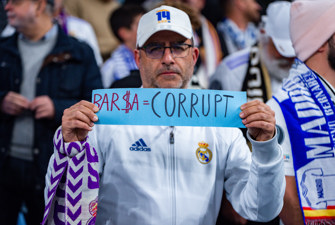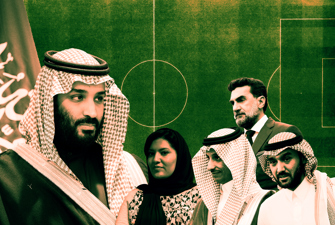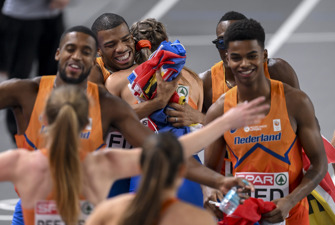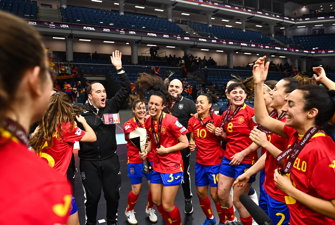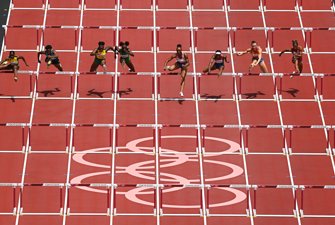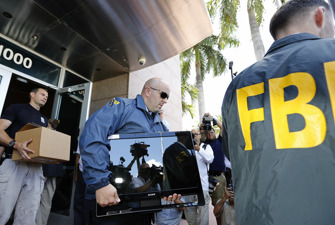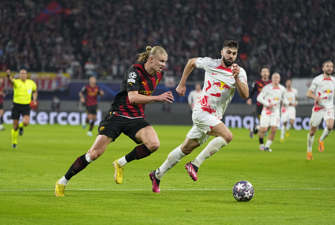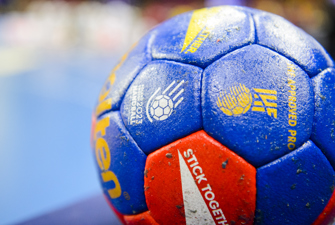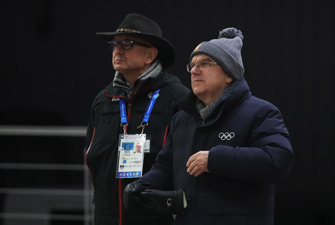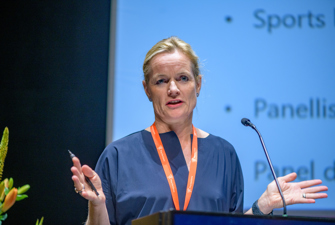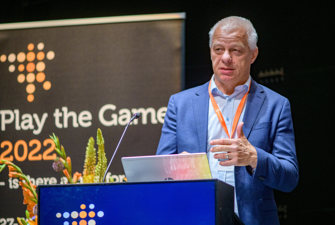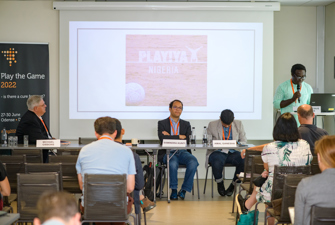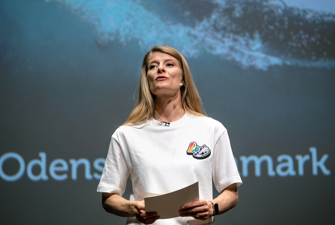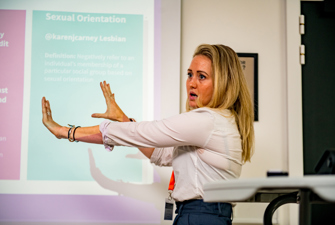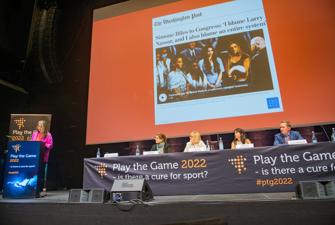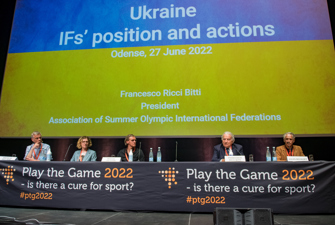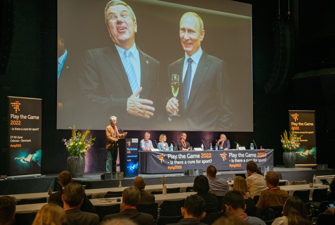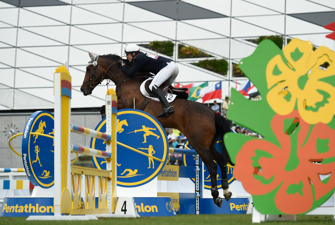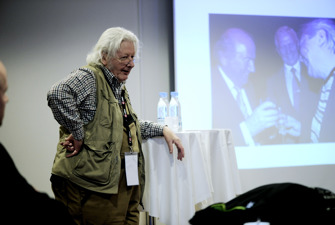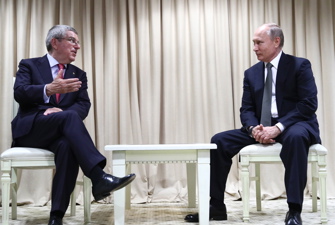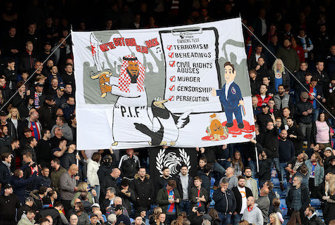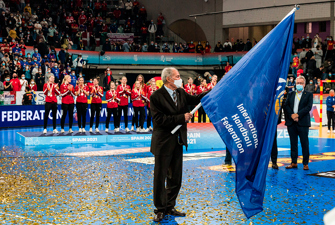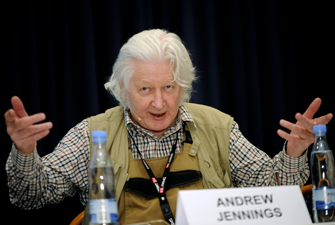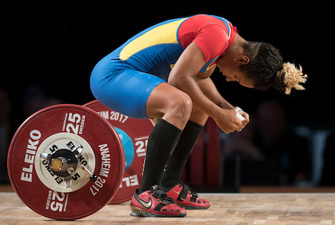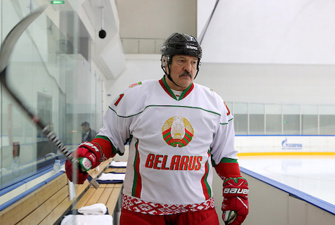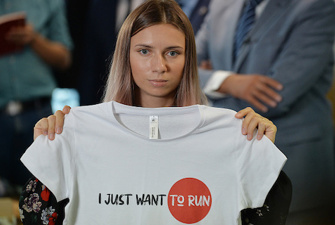New standards of sports governance: When will sport join the modern world in embracing democracy?
"Implementing and practice good governance in your organization means that people got to change. And I don't believe everyone understand the need for change. Or simply want a change," WADA Vice President Linda Helleland said at Play the Game 2019
Presentation by Linda Helleland, WADA Vice President, at Play the Game 2019, Monday 14 October 2019.
There has been no issue that has dominated global sport more the past few years than doping, and there has been no organisation at the forefront more than WADA. It has been an honour and a privilege to play such a key role at the top of WADA during the most challenging period in the organisation’s 20-year history.
I came into my role at WADA with great ambitions. Ambitions to help reform and modernise WADA and the anti-doping system. To make it more athlete-centred. To bring principles of good governance in to everyday use.
This is something I have tried to progress through strengthening the legal framework for anti-doping in Norway, and at WADA and the UN. And despite what seems like the slow pace of progress, I still hold hopes that WADA will embrace change more rapidly in the near future. It needs to. However, I have learnt over the past three years that if it is to embrace change, there needs to be some serious reform to how the sports movement is governed. For it is the poor, antiquated state of sports governance that has in many ways held WADA and anti-doping back from embracing the right decisions in recent years. I can see this not only with my WADA hat on, but I have been able to see it in my position as Minister for Culture and Sports in the Norwegian Government.
Democracy. It’s a word in the western world that we are often in danger of becoming complacent of. That we take for granted. Yet, it was strange for me to make the switch from the parliamentary system in Norway, with all its democratic processes and norms, to then witness in full the lack of democracy in sports governance. In my view (and I know I’m not alone) sport is so averse to the norms of 21st century democracy. Too many of the decision-makers within the sports movement bubble – and it is a bubble – have, at best become blinkered, or at worst don’t care, about the democratic norms of wider society.
Implementing and practice good governance in your organization means that people got to change. And I don`t believe everyone understand the need for change. Or simpley want a change.
The decisions across wider society that, as a result of robust democratic decision-making, impact the many, rather than the powerful few. And in recent years, my friends, above all in anti-doping, we have seen controversial – sometimes confusing – decision taken that benefit the powerful few at the top of the sports governance tree. Not, as should be the case, the many athletes and fans, who expect to see firm and fair action taken against doping. From this we must learn lessons to take forward, because if not we are in danger of the words ‘sports governance’ becoming bigger headlines than ‘sport’ itself. And as we learned from the FIFA scandal, when the governing body becomes bigger news than the sport it is mandated to govern, that’s never good news. Whether it be the corruption issues at FIFA or the controversial decisions taken by the IOC and the majority of the WADA executive committee throughout the Russian doping scandal, we have unfortunately heard far too much about poor, out-of-touch sports governance.
I came into my role at WADA with the sole, honest intention to fight for clean sport and to strengthen WADA as an institution. I strongly believed that a strong and independentWADA – and WADA’s aim is to secure clean sport – then that must be the right thing to do.
But I keep asking myself. Wouldn`t it be better if we all followed our personal convictions of what would be best for the future of anti-doping and athletes, not out of fear of upsetting the powerful few? Why can a powerful few pull the strings with the decision-making, even if it is not aligned with the views and rights of athletes?
Because politics takes place, involving enormous sums of money; something evidenced from the Russian doping scandal.
TV rights holders, sponsors and event organisers all expect to receive and be able to deliver a product and that the sports organisations must fulfil their obligations, no matter the cost and preferably without scandal, doping or otherwise.
Do you see the conflict of interest here when those same sports organisations must also play their part in tackling doping?
Having experienced the sports system now for five years, the question I ask is: what can be done about it? New Standards of Sports Governance is something I truely believe is necessary, and as I stand here today, as someone that still cares as deeply for reform of the anti-doping system, I can tell you that we need new standards of sports governance. We need more transparency, more idenpenence, more diversity and more accountibility. An organization like wada without practising these principles in 2019 - is not a sustainable organization for the future. It`s not a WADA fit for the future!
Perhaps we are starting to see the start, just the start, of progress? Take the Association of Summer Olympic International Federations (ASOIF) for example. ASOIF is now in the process of implementing reforms amongst its member federations. That is a positive step and of course was initiated due to what they believe to be a need. But is this governance reform process being carried out because it is warranted by its members or because someone has figured out that the public, sponsors, public authorities and increasingly athletes demand it?
On the topic of sponsors and TV broadcasters, do they not have an inherent interest in clean sport? And clean sport means exposing doping, it means uncovering doping if we are ever to get on top of the issue. Don’t sponsors and broadcasters have a responsibility to invest in clean sport and invest in the right side of sport.
Take Nike, for example, and the troubles it finds itself in as the sponsor of the world’s biggest elite performance athletics academy and the recent decision to sanction its head coach Alberto Salazar: is Nike’s reputation now tainted because of this? And what will the consumers do? Will they still buy Nike clothing and trainers? I predict a future where the biggest sponsors and the biggest TV right holders will demand action from the different sport organizations. And if their boards don’t want to do it, their customers will demand it.
As someone from a government background, to finish I’d like to come back to the role of governments in tackling doping. Given the clear problems sports organisations have in adopting best practice in making decisions – decisions that affect athletes – then hasn’t the time come for governments and government institutions to hold sports organisations more accountable to their stakeholders, the athletes, the fans and others?
And that is why I have proposed that nathional governments introduce legislation that would punish those that seek to profit from doping. The need for strenghtening nathional legislation to combat doping as organized crime, corruption and fraud is no getting a mayority support in the Norwegian Parliament.
Government intervention well be the next frontier; we are, I expect, soon to see it here in the United States through the introduction into law of the Rodchenkov Anti-Doping Act. I hope to se other countries strenghten their nathional legislation.
Drastic times for clean sport call for drastic measures.
